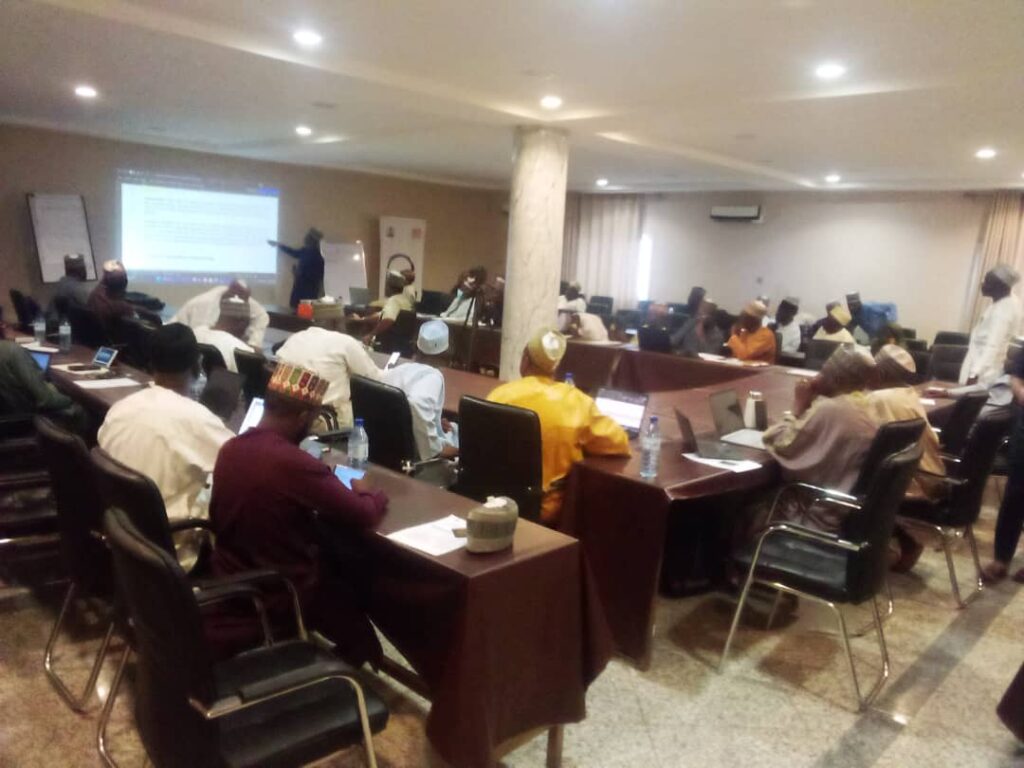From Mika’il Tsoho, Dutse
Stakeholders from relevant ministries, MDAs, agencies, civil society organisations, academia, and the media have met to commence the domestication and development of a climate change policy for Jigawa State.
The meeting, organised by the Jigawa State Ministry of Environment and Climate Change in collaboration with the Partnership for Agile Governance and Climate Engagement (PACE), aims to create a comprehensive policy to address climate change challenges.
During the workshop, participants acknowledged that Jigawa is highly vulnerable to climate change due to its location in the Sahel and its status as Nigeria’s second warmest state, according to NiMET 2023.
These climate impacts have led to rising levels of multidimensional child poverty, increased agricultural dependence, environmental degradation, and more frequent incidents of flooding, drought, and rising temperatures across the state.
The stakeholders emphasized the need for a policy that promotes low‑carbon sectors, reduces vulnerability by introducing strategies to protect citizens from climate impacts, strengthens institutional responses, and advances climate-focused research, technology, and innovation.
They also advocated for sustainable land-use practices that can boost agriculture, food security, and ecosystem health.
In his remarks, the State Team Leader of the Partnership for Agile Governance and Climate Engagement (PACE), Muiz Adeniran, stated that PACE is supporting Jigawa State in addressing climate change to foster sustainable development.
He added that the workshop brought together participants from the Ministry of Environment and Climate Change, Ministry of Finance, Ministry of Budget and Economic Planning, Ministry of Education, Ministry of Agriculture, Ministry of Health, Ministry of Power and Renewable Energy, the State Emergency Management Agency (SEMA), and the Ministry of Land.
Adeniran urged participants to cascade the outcomes of the meeting to their respective organisations for effective implementation, highlighting the presence of representatives from academia, civil society organisations, media, women’s groups, the private sector, and other stakeholders committed to tackling climate change in the state.

